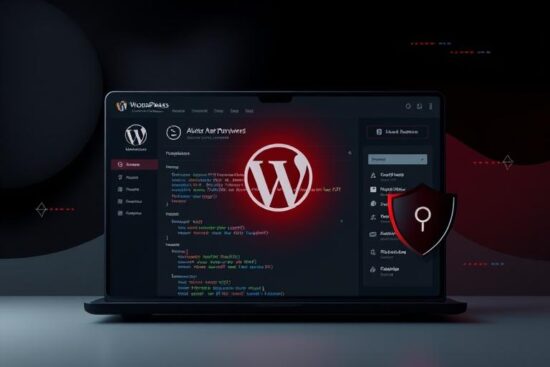
Inbound marketing is all about attracting customers naturally by creating valuable content, building trust, and nurturing relationships. Unlike traditional outbound marketing (cold calls, ads, direct sales), inbound marketing focuses on pulling customers in through useful, relevant, and engaging strategies.
And one of the most powerful channels that fuels inbound marketing is social media.
But why exactly is social media so important for inbound marketing success? Let’s dive in.
1. Social Media Amplifies Your Content Reach
No matter how great your content is, it won’t bring results if people can’t find it. Social media platforms like Facebook, Instagram, LinkedIn, and X (Twitter) help amplify blogs, videos, and other content to wider audiences.
- Every share, like, and comment extends your reach.
- Social algorithms reward engaging content, giving it more visibility.
- Paid promotion can further boost reach when organic efforts need support.
2. Builds Strong Brand Awareness and Visibility
Inbound marketing is not just about generating leads—it’s about making your brand recognizable and trustworthy.
Social media helps in:
- Increasing brand visibility through consistent posting.
- Showcasing your expertise and values.
- Humanizing your brand with storytelling, behind-the-scenes content, and interactive posts.
The more people see and engage with your brand online, the more likely they are to trust you when making purchase decisions.
3. Drives Targeted Traffic to Your Website
Every inbound marketing strategy aims to bring potential customers to your website. Social media works as a bridge by:
- Linking blogs, landing pages, and offers directly in posts.
- Using targeted ads to attract the right audience.
- Leveraging hashtags, groups, and communities to bring in niche traffic.
This targeted traffic increases the chances of conversions compared to generic outreach.
4. Encourages Engagement and Two-Way Communication

Unlike traditional marketing, where businesses talk at customers, inbound marketing emphasizes two-way interaction. Social media enables conversations through:
- Comments and replies.
- Polls and interactive stories.
- Direct messages and customer support.
This builds long-term relationships, making prospects feel valued and understood.
5. Supports Lead Nurturing and Conversions
Inbound marketing is about guiding leads through the buyer’s journey—awareness, consideration, and decision. Social media helps by:
- Sharing educational content for awareness.
- Offering case studies and testimonials for consideration.
- Promoting discounts, free trials, or consultations for decision-making.
Platforms like LinkedIn for B2B or Instagram for B2C can directly influence purchasing decisions.
6. Provides Valuable Insights and Analytics
Social media platforms provide deep analytics about audience behavior, such as:
- What type of content they engage with most.
- Which demographics respond best.
- How traffic converts into leads and sales.
This data helps fine-tune your inbound strategy for better results.
Conclusion: Social Media and Inbound Marketing Go Hand in Hand
Social media is not just an optional tool—it’s a core pillar of inbound marketing. It attracts the right audience, nurtures them with valuable interactions, and helps convert them into loyal customers.
If you’re running inbound campaigns without leveraging social media, you’re missing out on a massive opportunity to grow your brand and revenue.
Ready to power up your inbound marketing with social media? Let’s craft a winning strategy for your business today!





